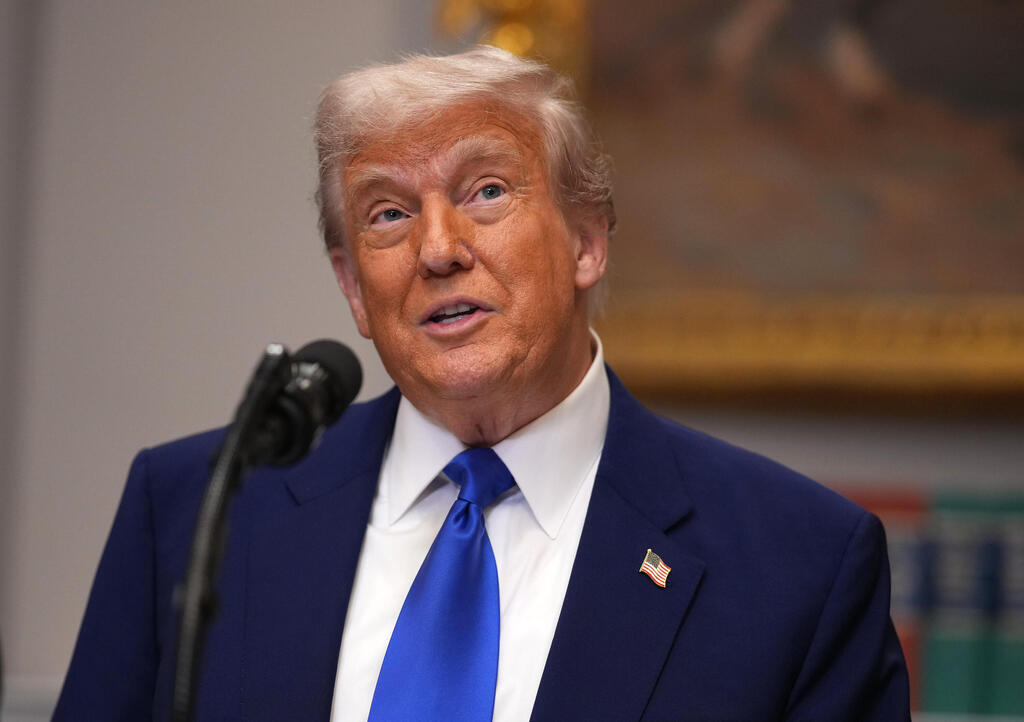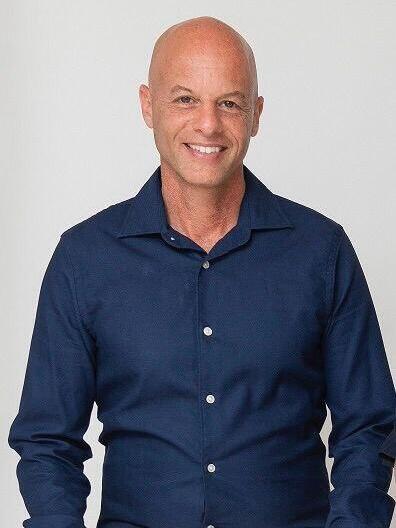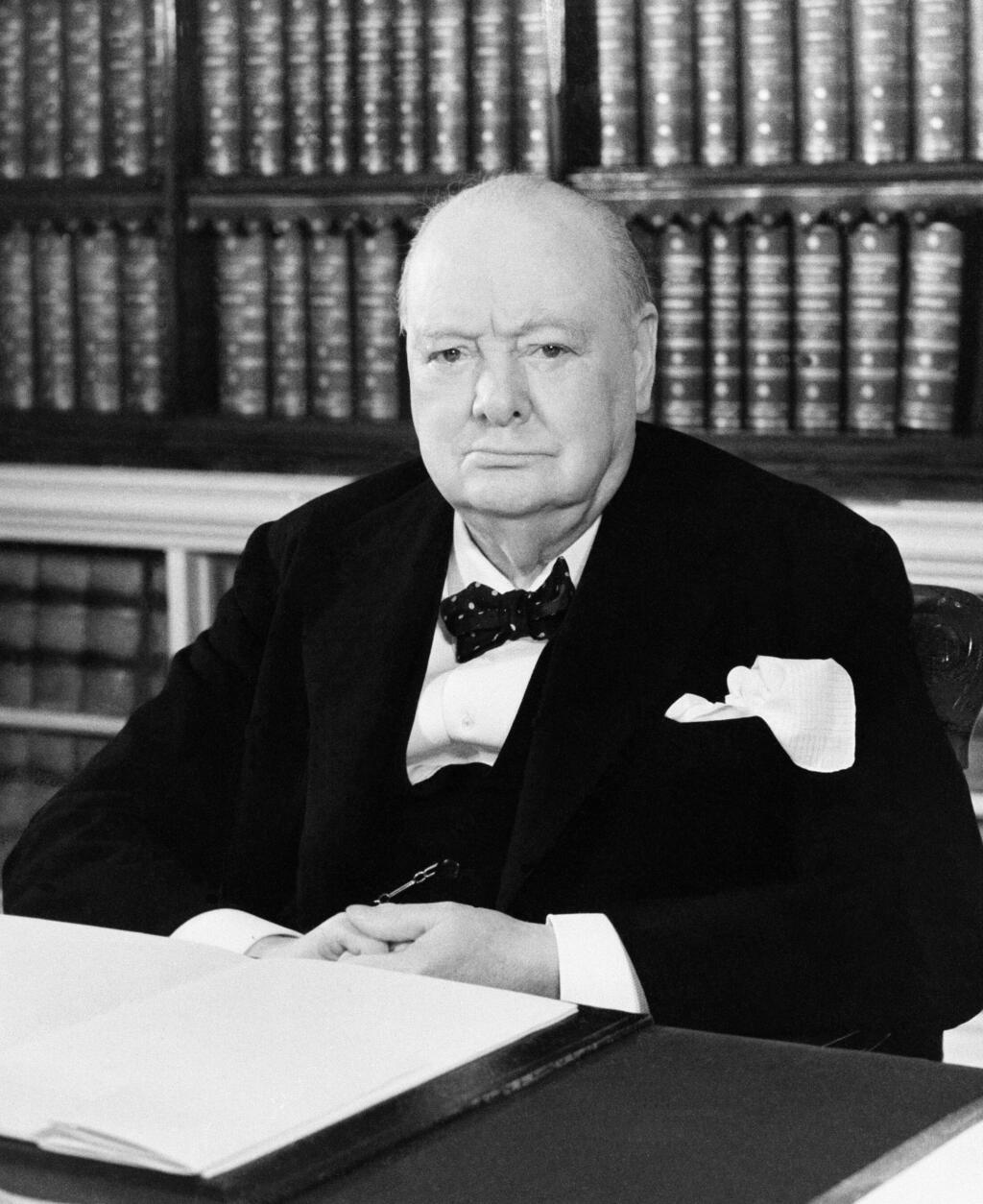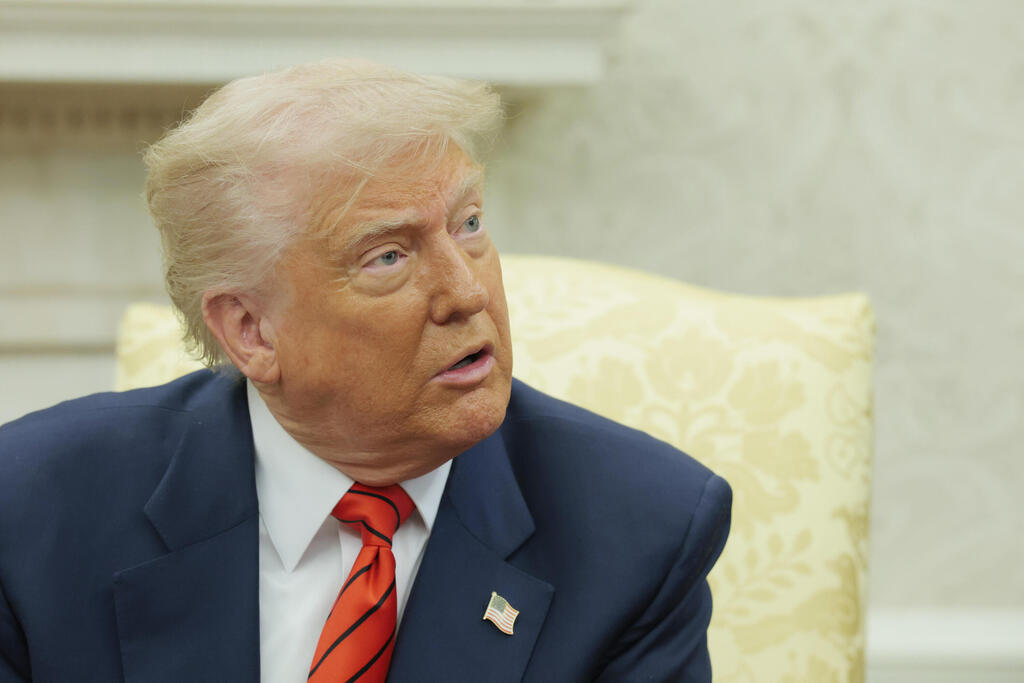In an era defined by global elections, rolling crises and a dramatic erosion of public trust, some of the world’s most visible leaders are also its most polarizing. Donald Trump, who dominates headlines both in the U.S. and abroad, represents a rare kind of figure: one who can mobilize massive crowds—yet leave behind a trail of division, controversy and profound questions about the nature of leadership itself.
But this is not entirely new. History rarely smiles on its leaders in real time. Many of those later remembered as transformative figures—Churchill, Lincoln, even Mandela—faced ridicule, suspicion or hostility during their lifetimes.
3 View gallery


Donald Trump
(Photo: Jim WATSON / AFP Andrew Harnik/Getty Images REUTERS/Nathan Howard)
Two such leaders, Winston Churchill and Donald Trump, stand as emblematic of this paradox. At first glance, they couldn’t be more different: one a philosopher-statesman, revered orator and literary mind; the other a brash businessman and media-savvy populist. Yet the deeper one looks, the more striking similarities emerge.
Both men were far from “smooth” or universally liked. Churchill was notoriously gruff, melancholic and difficult. Trump is famously impulsive, combative and unfiltered. But both shared a powerful trait: they refused to conform. They broke linguistic conventions, bypassed politeness and fostered a sense of constant crisis—positioning themselves as the only ones capable of steering the ship through stormy waters.
This, however, is where the paths diverge. Churchill acted with a deep sense of historical responsibility. He sacrificed personal comfort for public service and never feared to show vulnerability. His famous call for “blood, toil, tears and sweat” wasn’t empty bravado—it was an invitation to shared resilience, an acknowledgment of collective hardship in the pursuit of victory.
Trump, in contrast, champions a different model: fast, reactive, accusatory, performative. His leadership rewards sharp messaging, boundary-drawing and dominance—yet often overlooks complexity, undermines institutional trust and is measured more by media noise than by transformative impact. It’s a model that elevates communication skills over moral compass, and optics over depth.
This isn’t just an American phenomenon. Trump’s influence is now global—echoed in European populism, reflected in Israeli politics and even mirrored in corporate boardrooms. Executives across sectors increasingly struggle to sustain meaningful presence, choosing instead to curate high-visibility personas.
We’ve entered the “TikTok era” of leadership: performance-driven, moment-focused and always escalating. Leadership has become a stage, and many are playing to the crowd. But true leadership—the kind that fosters long-term change—isn’t built on likes. It’s built on responsibility, values and the patience to navigate slow, sometimes painful progress.
 Lior GrossPhoto: Courtesy
Lior GrossPhoto: CourtesySo the real question isn’t whether we want more Trumps. It’s whether we’re willing to demand more from leadership itself.
The future may not offer us another Churchill—but it can give rise to a new kind of leader: one who doesn’t lead from a title, but from consciousness. One who builds trust before attention, and who knows that real influence is not about domination—but about direction.
- Lior Gross is CEO of Torus Leadership Group.



